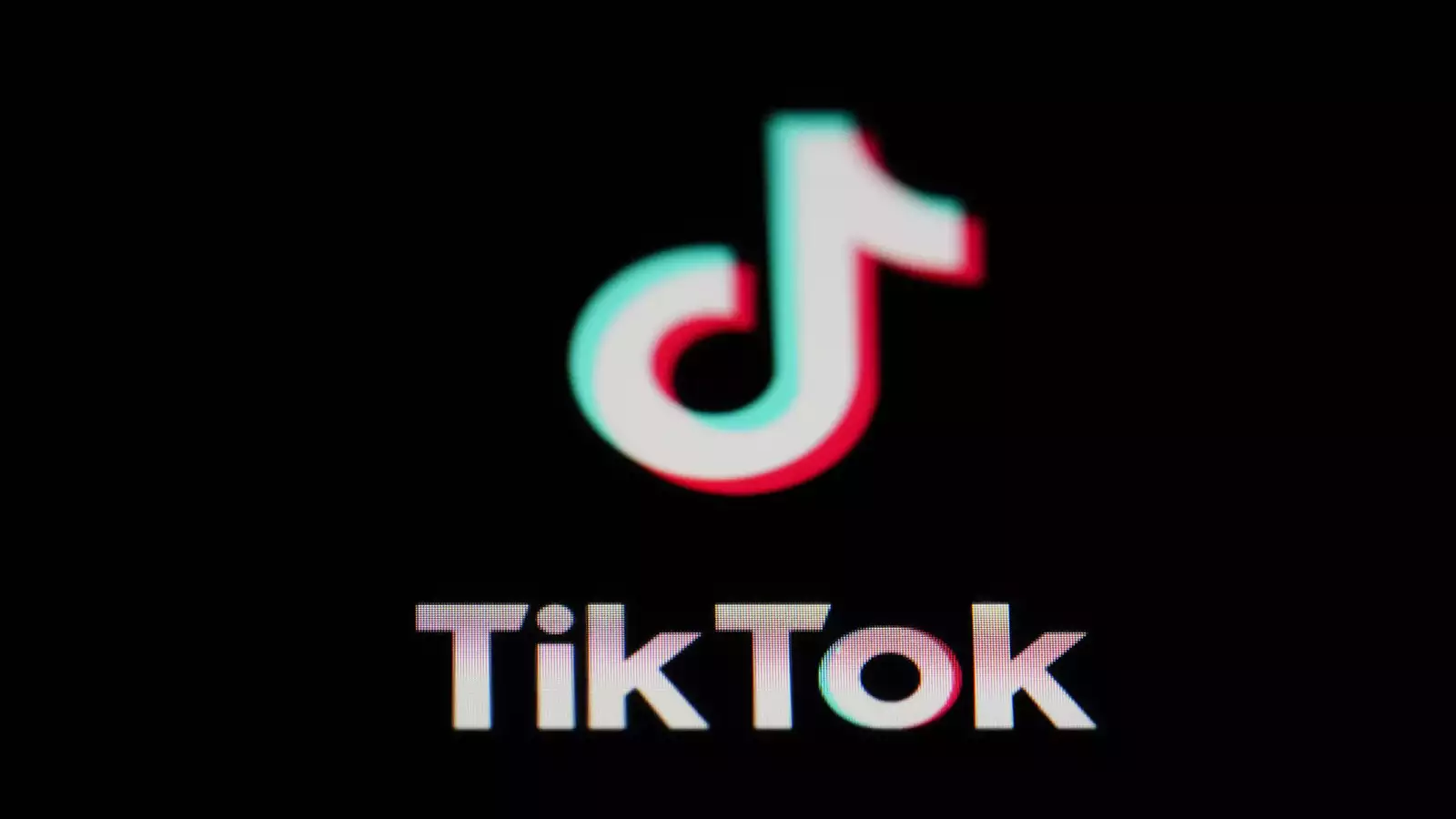TikTok has recently faced significant legal challenges due to its failure to protect the privacy of its younger users, leading to substantial fines and new regulations concerning its operations. The app, widely popular among teenagers, has been under scrutiny for not adequately safeguarding children’s data and for its content management practices which could potentially harm them.
In a notable case, the UK’s Information Commissioner’s Office (ICO) fined TikTok $15.9 million for not preventing children under 13 from using its platform, despite existing data protection laws that require parental consent for collecting children’s data. This decision highlights ongoing concerns about how social media platforms manage users’ information and the type of content they are exposed to.
Moreover, the platform’s algorithm has been criticized for potentially exacerbating issues of low self-esteem and body image among young people by promoting unrealistic standards through its content. Reports have indicated that changing minor details in a user’s profile could lead the algorithm to push more harmful or sensitive content.
The ICO’s actions reflect broader movements in various countries aiming to tighten online data privacy, especially for children. Other incidents include a major settlement in 2019 where YouTube, owned by Google, agreed to pay $170 million after allegations surfaced that it illegally collected personal information from children without parental consent. This case also emphasized the need for platforms to be more transparent about their data collection practices and to strictly adhere to child protection laws.
TikTok has since made efforts to adjust its privacy settings and introduce features like “Family Pairing,” which allows parents to monitor and manage their children’s interaction with the app. These updates are part of TikTok’s ongoing attempts to comply with international privacy standards and safeguard its younger users.
As digital platforms continue to face legal and ethical challenges, these cases serve as a critical reminder of the importance of protecting young internet users in an increasingly digital world.



















